By Swill Mavua
The Obidient Movement, from its birth in early 2022, has become a significant force in Nigerian politics, sparking both enthusiasm and controversy. Against this backdrop, critics are tempted to have a periscopic view of the movement. Here’s a breakdown of the good, the bad, and the ugly aspects of the Obidient movement:
The Good:
- Promoting Electoral Reforms: The Obidient Movement has been vocal about the need for electoral reforms in Nigeria, advocating for changes such as unbundling the Independent National Electoral Commission (INEC) and ensuring stricter compliance with educational qualifications for candidates. These reforms aim to strengthen Nigeria’s democracy and ensure more credible elections.
- Empowering Citizens: Through grassroots mobilization and civic engagement initiatives, the movement has encouraged citizens to participate in the democratic process, fostering a sense of ownership and responsibility among Nigerians.
- Advocating for Transparency and Accountability: The Obidient Movement has emphasized the importance of transparency and accountability in governance, pushing for leaders who prioritize the needs of the people and are answerable to them.
The Bad:
- Limited Electoral Success: Despite its popularity, the Obidient Movement’s candidate, Peter Obi, faced significant challenges in the 2023 presidential election, including limited resources and a dominant two-party system in Nigeria. Though, members of the movement believe that but for INEC’s collusion in rigging the election for the APC, Peter Obi and the Labour Party won the election.
- Dependence on Charismatic Leadership: The movement’s success has been closely tied to Peter Obi’s charisma and popularity, which may not be sustainable in the long term without institutionalizing its ideals and structures.
The Ugly:
- Polarization and Exclusivity: Some critics argue that the Obidient Movement has contributed to polarization in Nigerian politics, potentially excluding those who do not share its ideology or values.
- Lack of Clear Policy Framework: While the movement has emphasized the need for good governance and accountability, some critics argue that it lacks a detailed policy framework to address Nigeria’s complex challenges, such as insecurity, economic development, and infrastructure.
- Overemphasis on Personality: The movement’s focus on Peter Obi’s personality and leadership has raised concerns about the potential for cultism or personality-driven politics, which could undermine its democratic ideals.
Obviously playing as a third force, the movement is entirely centred around the personality of Peter Obi. So, in the absence of his person, a void becomes inevitable, which could ultimately result in the movement’s lack of direction as sheep without shepherd. Here, the movement’s national coordinator and members of his leadership team, alongside Peter Obi, would need to work out ways for its sustainability.
The Straight Talk.

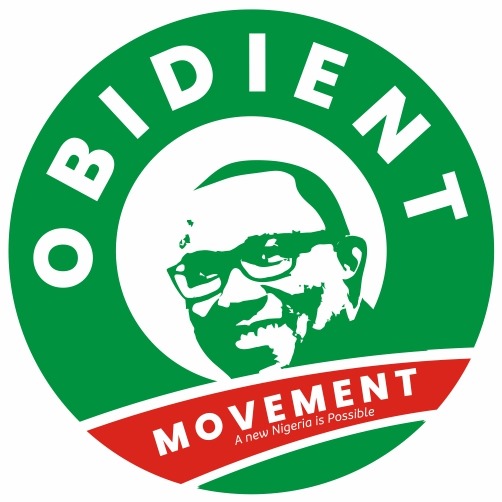
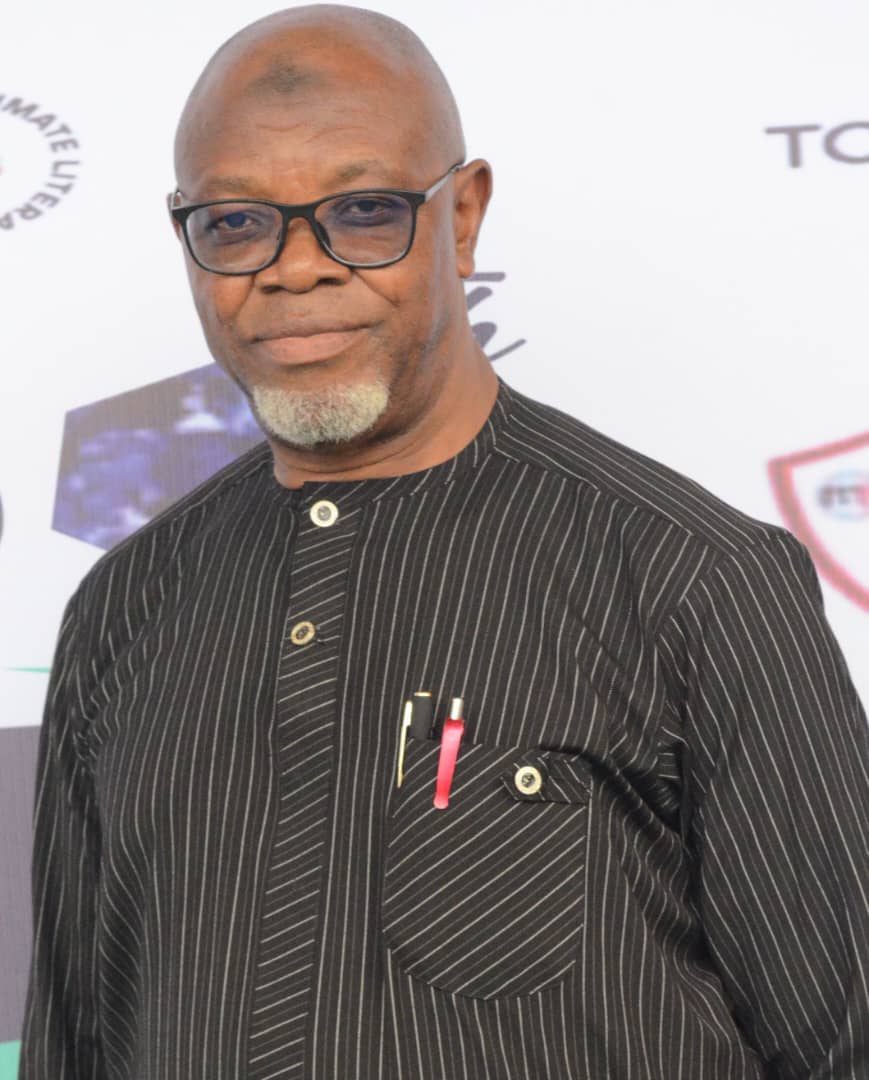



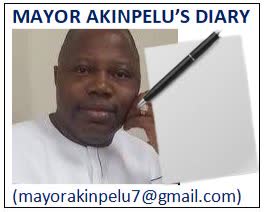
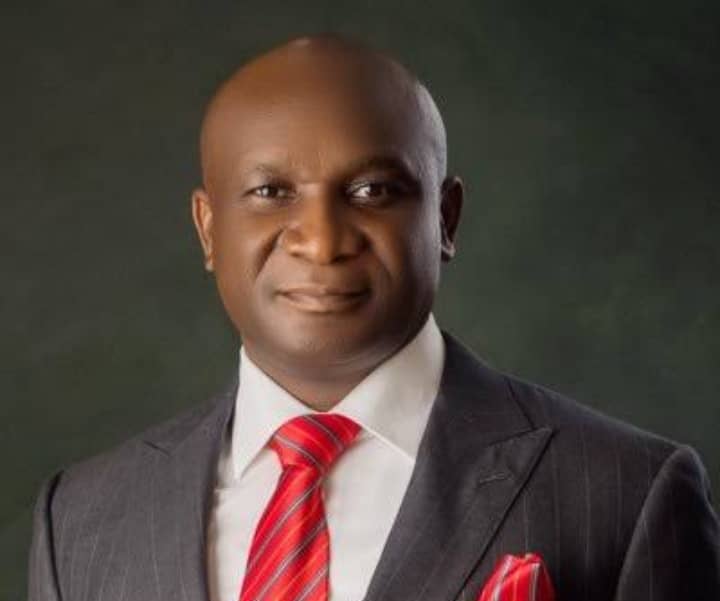

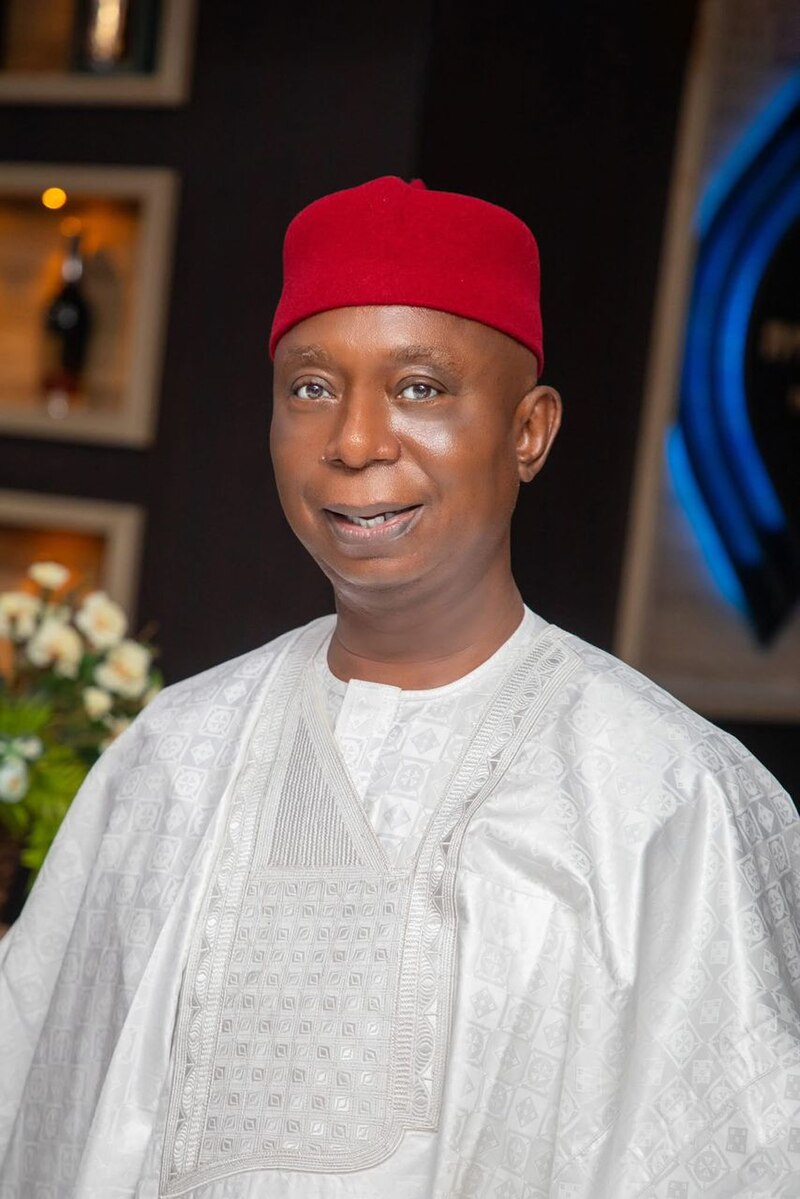

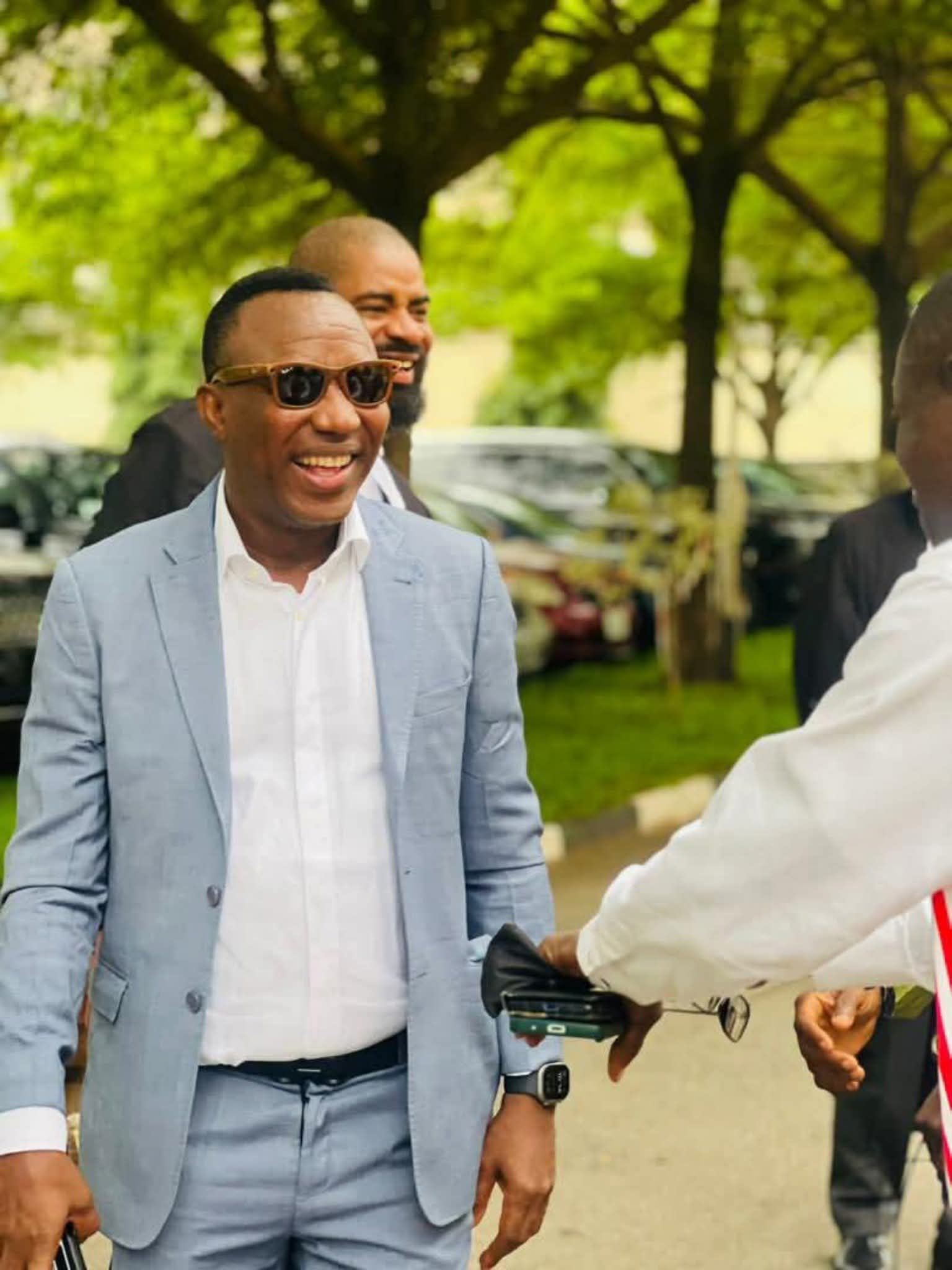
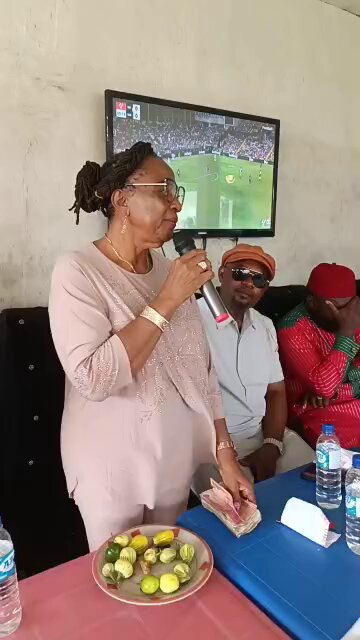
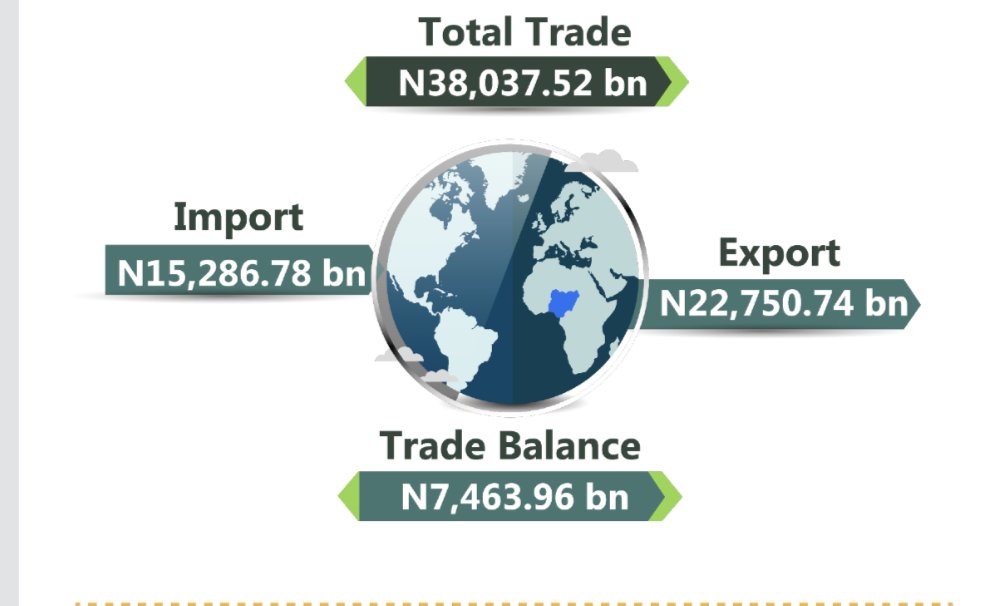
Leave a Reply